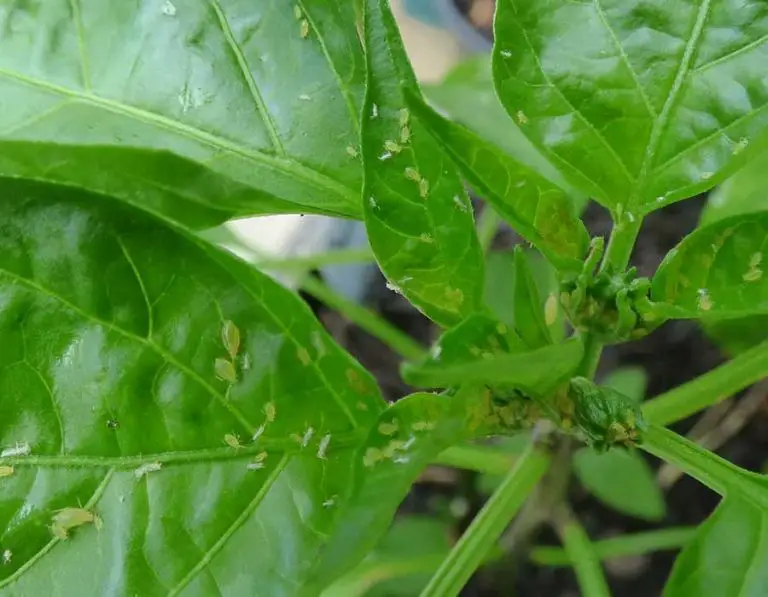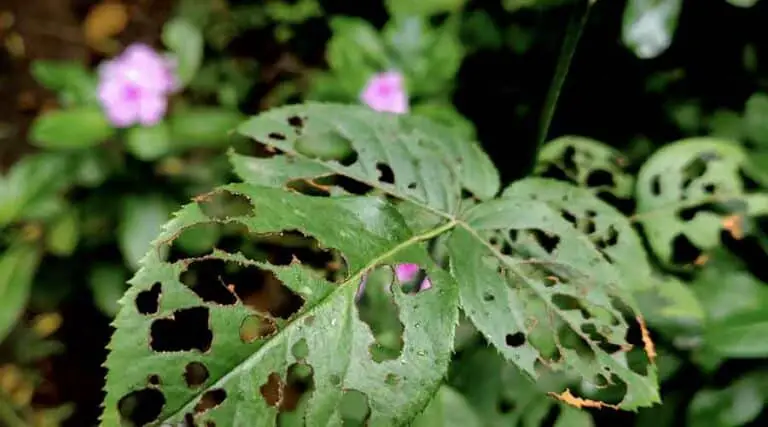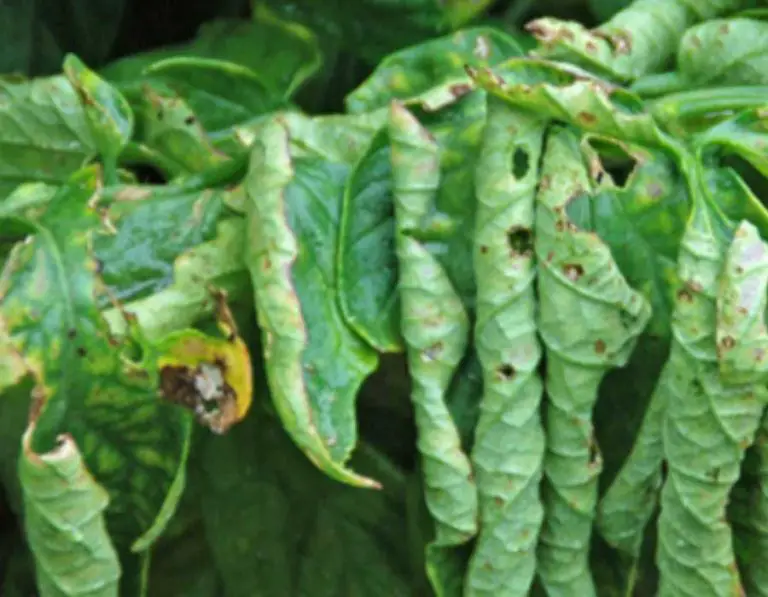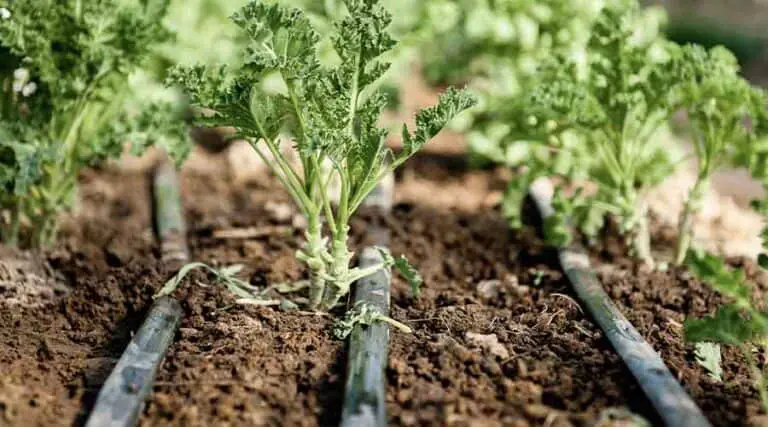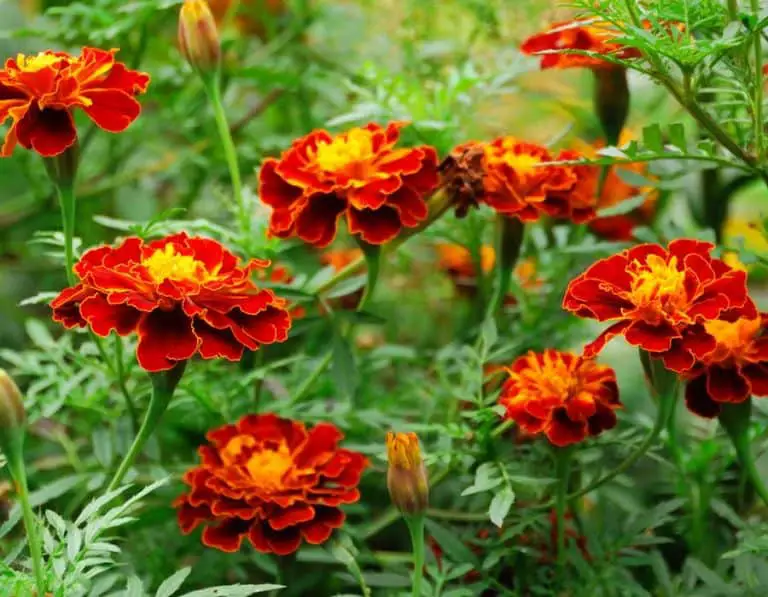What’s Eating My Petunias? Culprits And How to Fix It
Many petunia enthusiasts may find themselves asking the question, “What’s eating my petunias?” Petunias are often a target for various pests and animals, making it essential to identify the culprits to protect these vibrant and popular flowering plants. This article will explore some of the main offenders munching on petunias and provide guidance on how to save your plants from harm.
Petunias often fall victim to a variety of bugs and mammals, ranging from insects like tobacco budworms and cutworms to larger creatures such as rabbits, squirrels, and deer. Understanding the types of damage caused by these pests can help gardeners implement effective interventions to keep their petunias healthy and thriving.
By learning more about the common threats to petunias and how to recognize the signs of damage, one can take proactive steps to prevent further destruction and maintain a flourishing garden. Armed with this knowledge, it becomes possible to safeguard your petunias and enjoy their bright colors and delightful scent throughout the gardening season.
Identifying the Culprits
Insects and Pests
Several insects and pests are known to cause damage to petunias. These include:
- Tobacco budworms: This common pest is known for feasting on the petals and buds of petunias, leaving holes in buds, flowers, and leaves.
- Variegated cutworms: Another caterpillar species that can cause substantial damage to petunias.
- Aphids: These small insects suck the sap from plants, causing leaves to curl and become deformed.
- Spider mites: Like aphids, these tiny pests feed on plant sap, leading to yellowing leaves and poor plant health.
- Slugs and snails: These slimy creatures will consume large portions of leaves and flowers, often leaving behind a slimy trail as evidence.
To identify the specific insect or pest causing damage to your petunias, carefully examine the affected plants for the presence of pests or their telltale signs, such as holes, trails, or eggs.
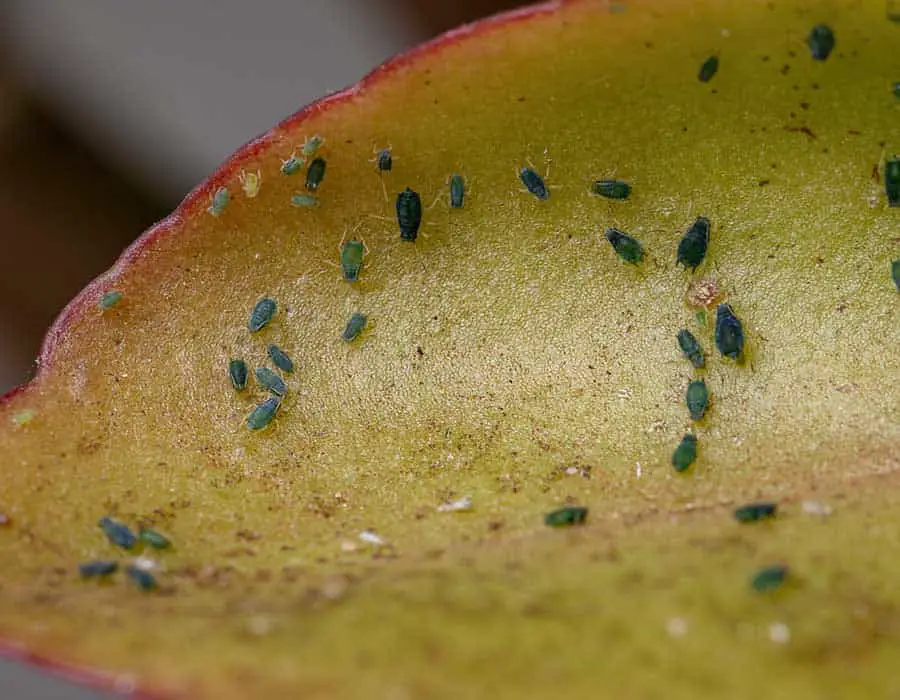
Animals
In addition to insects and pests, some animals are also known to eat petunias. These animals include:
- Rabbits: These furry creatures enjoy nibbling on the leaves and flowers of petunias, often leaving cleanly clipped edges as evidence.
- Squirrels: Although not as common, squirrels may also be attracted to petunias and can cause damage to the plants.
- Deer: These large herbivores have been known to snack on petunias, causing significant damage to entire plants in some cases.
To determine if animals are the culprit behind the damage to your petunias, look for signs of animal activity around the plants, such as tracks or droppings. Also, consider the types of animals that are common in your area and their known feeding habits to help narrow down the possibilities.
Preventing and Treating Infestations
Protecting petunias from infestations starts with proper care and being vigilant about potential threats. In this section, several natural and chemical solutions will be discussed to help prevent and manage common petunia pests.
Natural Remedies
Regularly checking your petunias for signs of pests is essential to catch an infestation early. If you discover aphids or spider mites, use a powerful flow of water to remove them from your plants before damage becomes severe. For snails and slugs, you can implement some of these natural barriers and traps:
- Wrap copper tape around pots to deter snails and slugs from climbing.
- Place containers filled with beer near the ground to attract and trap them.
- Scatter crushed eggshells on soil around the petunia beds to create a sharp barrier.
Ensuring proper watering practices and keeping the surrounding area clean can help maintain plant health and reduce vulnerability to pests.
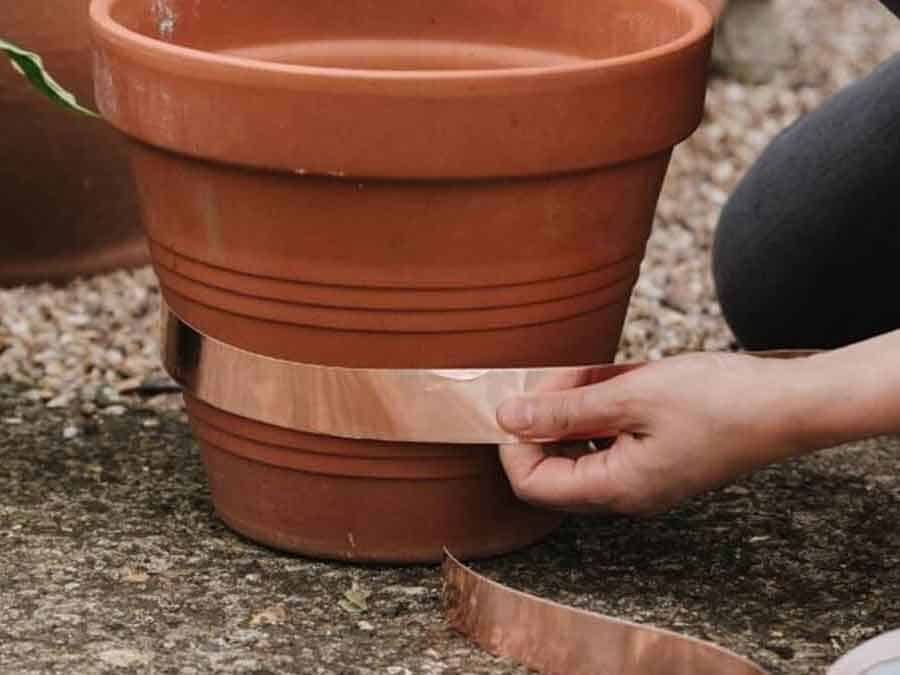
Chemical Solutions
For more persistent infestations, chemical treatments may be necessary. Insecticidal soaps and neem oil are effective against a range of pests, including the larvae and eggs:
| Pest | Treatment |
|---|---|
| Spider Mites | Spray neem oil on leaves, paying attention to webs and mite hiding spots |
| Aphids | Apply a broad-spectrum insecticidal soap or neem oil to kill adults, larvae, and eggs |
| Budworms | Use biological insecticides to control caterpillars and prevent further damage |
Regular application and monitoring of the treatments will help ensure their efficacy and minimize damage to your petunias.
Protective Measures for Petunias
Petunias can be delicate and vulnerable to various pests that may feed on their leaves and flowers. In this section, we will discuss some effective measures to protect your petunias from being harmed, such as creating physical barriers and planting alternative plants.
Fencing and Barriers
One of the simplest ways to protect petunias from damage is by installing fencing and barriers around your garden or flower bed. Fences can be made from materials such as wood, metal, or plastic mesh, depending on your preference and budget.
It’s important to ensure that the fence is at least a foot higher than the tallest petunia plant to discourage pests like slugs, snails, and caterpillars from climbing over. Ensure there is no gap underneath the fence for pests to crawl under. Another option is to use copper tape around the base of the plant or the rim of the pots to deter slugs and snails as they don’t like to come in contact with copper.
Alternative Plants
Introducing alternative plants in your garden serves as a natural pest control method. Certain plants can either attract beneficial insects or repel harmful pests, effectively keeping your petunias safe from damage. Some alternative plants that can help protect your petunias include:
- Marigolds: These flowers release a distinct odor that repels various pests, such as aphids, whiteflies, and even rabbits.
- Garlic: Planting garlic near your petunias can help deter insects like aphids and caterpillars due to its strong scent.
- Nasturtiums: These attractive flowers not only repel pests like aphids and whiteflies, but they also act as a “trap crop,” luring pests away from your petunias.
- Chives: This edible herb has a pungent smell that can deter pests like aphids, making it an ideal companion plant for petunias.
By incorporating these protective measures, you can effectively protect your petunias and maintain the beauty of your garden. Remember, a healthy and well-cared-for garden is less susceptible to pests, so continue to provide proper care for your petunias and other plants in your garden as well.
Monitoring Your Petunias
Keeping a close eye on your petunias is crucial to ensure they stay healthy and free from pests. Monitoring your petunias involves two key aspects: regular inspection and maintaining a healthy garden environment.
Regular Inspection
Regularly inspecting your petunias helps you to identify any signs of infestation or damage at the earliest stages. Look for telltale signs like holes in leaves, slimy trails, or the presence of pests like aphids, thrips, caterpillars, snails or slugs on the plants. Examine the underside of the leaves, stems, and flowers for any damage or potential infestations.
If you notice any signs of pests, take action promptly. Methods like blasting insects with water, using insecticidal soaps, applying neem oil, or spreading diatomaceous earth can help control the problem. Introducing natural predators, such as ladybugs, can also be beneficial.
Maintaining a Healthy Garden Environment
A healthy garden environment can minimize the risk of pests and diseases harming your petunias. Here are some steps to create a conducive environment for your petunias:
- Good drainage: Ensure that your garden soil has proper drainage to prevent waterlogging, which attracts pests like snails and slugs.
- Proper spacing: Space your petunias adequately to ensure good air circulation, reducing the risk of fungal diseases.
- Regular watering: Water your petunias in the morning to give them time to dry out during the day, avoiding the risk of disease.
- Timely pruning: Prune your petunias periodically to remove any dead or diseased parts of the plant, preventing the spread of infection.
- Healthy soil: Use organic matter and compost to enrich your garden soil, promoting strong plant growth and resistance against pests and diseases.
By diligently monitoring your petunias and maintaining a healthy garden environment, you can minimize the risk of pests and ensure your plants thrive.

